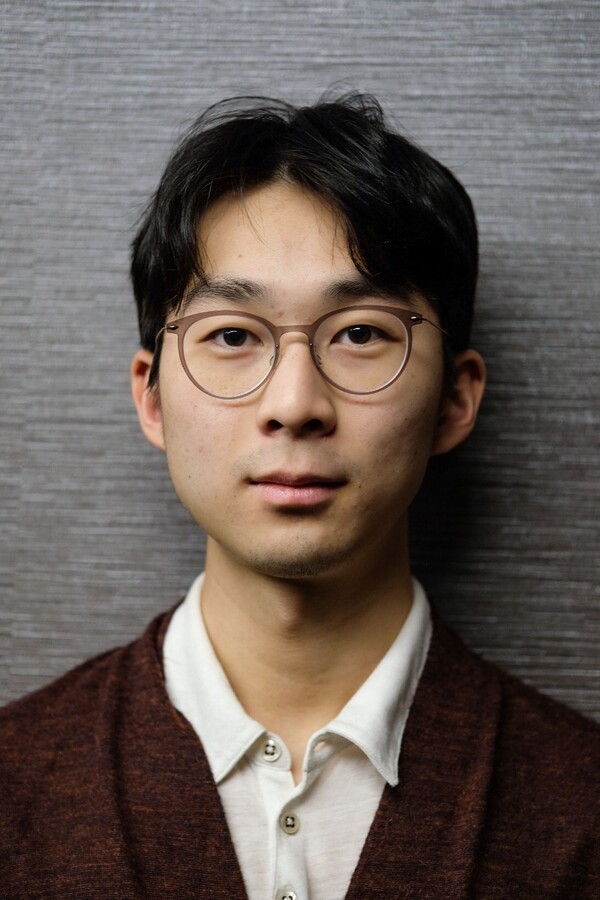Breadcrumbs
- Home
- Current Students
- Undergraduate Students
- UGSLA Recipient: Michael Lee
UGSLA Recipient: Michael Lee
Undergraduate Student Leader: Laboratory Medicine and Pathobiology

Leadership is not a virtue that we are born with. Rather, it is an infectious quality that spreads from people to people through our interactions and experiences. It can then be refined through the process of self-discovery and growth. Therefore, a great leader is someone who is able to transmit such trait to others and is constantly motivated to improve and grow.
As the Co-President of the Laboratory Medicine & Pathobiology Student Union (LMPSU), I initially thought that I had to do as many tasks as I can to lead the organization. But I realized that I wasn’t giving enough opportunities for other executives to learn and grow. They felt less involved, confident, and capable of leading. I now know that, as a Co-President, I have to empower others so that they can become leaders themselves. Thus, I shifted how I lead. In January 2019, the LMPSU organized a forensics conference, “Making the Dead Talk,” which featured five speakers and a career panel for the first time. I aimed to build teams of people who felt strong responsibilities for their tasks. For example, I delegated one executive the task of effective marketing for the conference. With a clear task in mind, he devised a unique way of advertising by reaching out to the Graduate Law Students’ Association, UTM students, and other groups of students we have not attracted before. Over 250 students attended the event, a significant improvement from the previous conference which only had 60 people in attendance. With clear communication and shared responsibilities, we produced not only an outstanding and improved conference, but I instilled confidence and enthusiasm in the organizers.
Over the past few years, I have also realized the importance of advocacy. As the Co- Editor-in-Chief of the Journal of Undergraduate Life Sciences (JULS), I have to orchestrate the entire publication process of a peer-reviewed undergraduate journal. Undergraduate contributions to research are often neglected and unpublished. By providing avenues for students to share their work, I not only advocate for their works to be recognized, but also inspire other students to learn from each other and engage in research. Moreover, my passion for music and music therapy propelled me to become the Choir Director of Healing Sounds of Music (HSM). As the Choir Director, I lead weekly rehearsals to prepare for our performances at senior homes, nursing homes, and various concerts throughout the year. I have also ensured that anyone can join the club, regardless of their skill level and background in music. This open door policy has allowed students to get together, share their passion for music, and enjoy our social events, such as Open Mic Night where we can just sing our hearts out in a stress-free space. In this way, I advocate for the well-being of not only seniors and patients, but also the students themselves.
Outside of university, I have been involved in Youth Assisting Youth’s peer mentorship program. Through this program, I have been acting as a positive role model for a fifth-grader, Mohammad. Having migrated from Syria two years ago as a refugee, Mohammad is going through social, cultural, and linguistic challenges, similar to what I faced when I first came to Canada 14 years ago. My goal is to empower him by doing simple, yet meaningful Canadian activities, such as experiencing the exhilaration of skating at Nathan Phillips Square, viewing all of Toronto from the top of the CN tower, and crowding on the sidewalk to watch the parade floats when Santa has come to town. These activities have made Toronto feel more like home to him. During this time, I came to understand what it means to be an empathetic leader.
Cumulatively, my experiences have shaped me into the person I am today – an empowering leader, an advocate for student research and music therapy, and an empathetic person who strives to help young immigrants who struggle to settle in Canada.